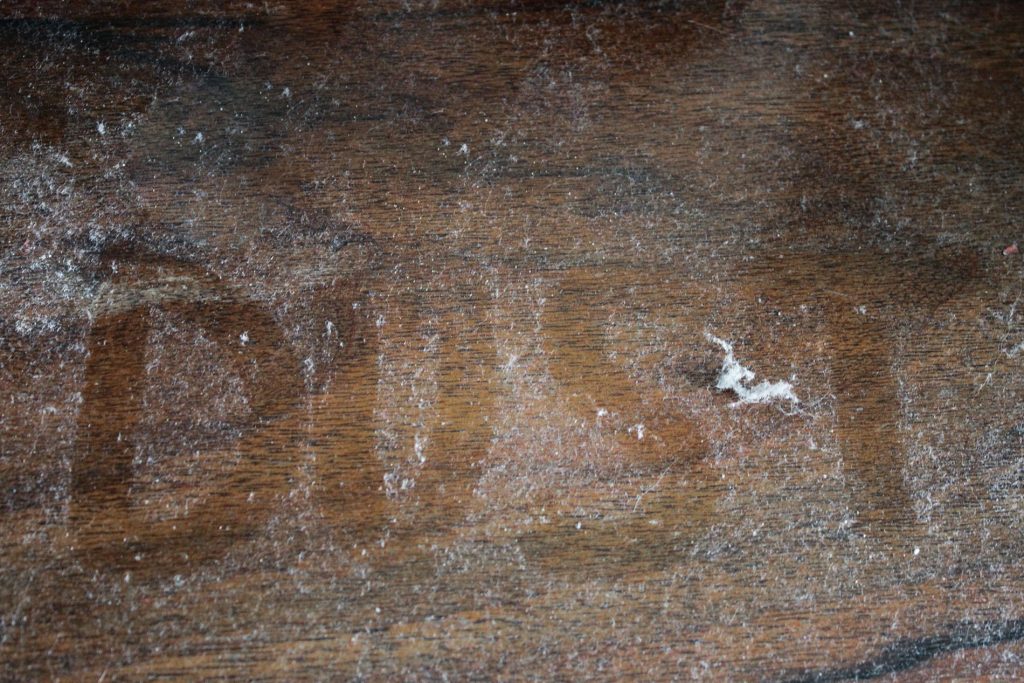

Allergic reactions often occur when tiny irritants come into contact with your respiratory system. These irritants can range from pollen to pet dander or mold spores. Typically, indoor environments provide respite from allergies, largely due to the efficient functioning of HVAC systems. When well-maintained, an HVAC unit can significantly diminish the allergen concentration in a home or office, improving indoor air quality and alleviating allergies.
How NexWaveAir HVAC Units Can Help Mitigate Allergies
1. Utilizing High-MERV Filters to Purify Air
NexWaveAir HVAC systems come equipped with filters, including those installed in single-zone window units. These filters extract lint and allergens from the Air before their temperature adjustment and circulation. The efficiency of a filter is directly proportional to its quality – the higher the quality, the greater its ability to filter out particles. MERV 11 or superior filters can effectively remove tiny allergen particles, like seasonal pollen. However, these filters require regular replacement to function optimally.
2. Integration of Air Purification and Air Scrubbing Devices
Additional air purification and scrubbing devices can be installed in sync with your NexWaveAir HVAC unit. This complementary arrangement further purifies the Air as it circulates through the HVAC, removing any potential allergens or immune irritants before the Air is dispersed through the vents.
3. Maintaining Allergen-Free Ductwork
A high-performing NexWaveAir HVAC system can circulate most of the dust back through updated filtration systems. Ducts are engineered for airflow without excessive buildup, meaning your air ducts would rarely require cleaning, provided your HVAC system ensures consistent air movement and filtration.
4. Regulating Humidity in Mold-Risk Areas
If your home or business has an area prone to moisture, your HVAC system can control humidity to prevent the growth of allergen-inducing mold colonies.
Proactive Steps to Reduce Allergen Levels
To reduce allergies within your home, the primary objective should be allergen removal. This can be achieved by preventing the entry of new allergens, manually cleaning and removing allergen-bearing items, and regularly using your HVAC system with a fresh, high-quality filter.
Selecting the Appropriate Air Filters
Once you’ve ensured your home is adequately sealed, the spotlight shifts to your air filters. Maintain regular replacement cycles (typically every 3-9 months), opting for filters with high MERV ratings. MERV, or Minimum Efficiency Reporting Value, measures a filter’s effectiveness in blocking dust and other particulate contaminants. Filters with MERV ratings of 11 or higher can effectively trap microscopic allergens, such as pollen and mold spores.
Determining Your Home’s Filtration Requirements
Each household requires a unique level of filtration to ensure the safety and comfort of its occupants. Those with conditions like autoimmune disorders or individuals sensitive to air contaminants may benefit from enhanced filtration measures, such as ionization and UV air scrubbers.
Handling Air Ducts
Air ducts are designed for self-cleaning through regular airflow. Hence they rarely need cleaning. Only under exceptional circumstances, such as detected mold growth, pest infestations, or excessive dirt buildup, should your ducts require cleaning.
Humidity Control: A Necessity or Not?
Humidity control is a standard feature in most HVAC systems to prevent allergen buildup. Air conditioners inherently function as dehumidifiers, thus preventing mold growth in damp homes. However, this feature becomes crucial if your home has experienced flooding or water leakage.
Outdoor Unit Maintenance
Maintaining your outdoor unit enhances the HVAC system’s efficiency, thus improving its allergen filtering capabilities. Regular cleaning of the outdoor unit is necessary for its optimal functioning.
Additional Measures to Tackle Allergens
Incorporating additional allergen-removal methods can enhance your living experience if you are dealing with indoor allergies. With air purifiers and scrubbers installed with your HVAC, you can drastically reduce indoor dust and mite levels.
Using NexWaveAir HVAC Units to Alleviate Allergies
NexWaveAir HVAC systems are adept at removing unwanted particles from your home or office air. As the HVAC filters every cycle of Air, it progressively removes more allergens. Well-maintained HVAC units not only ensure a significantly reduced concentration of allergens but also help you avoid allergy symptoms.
